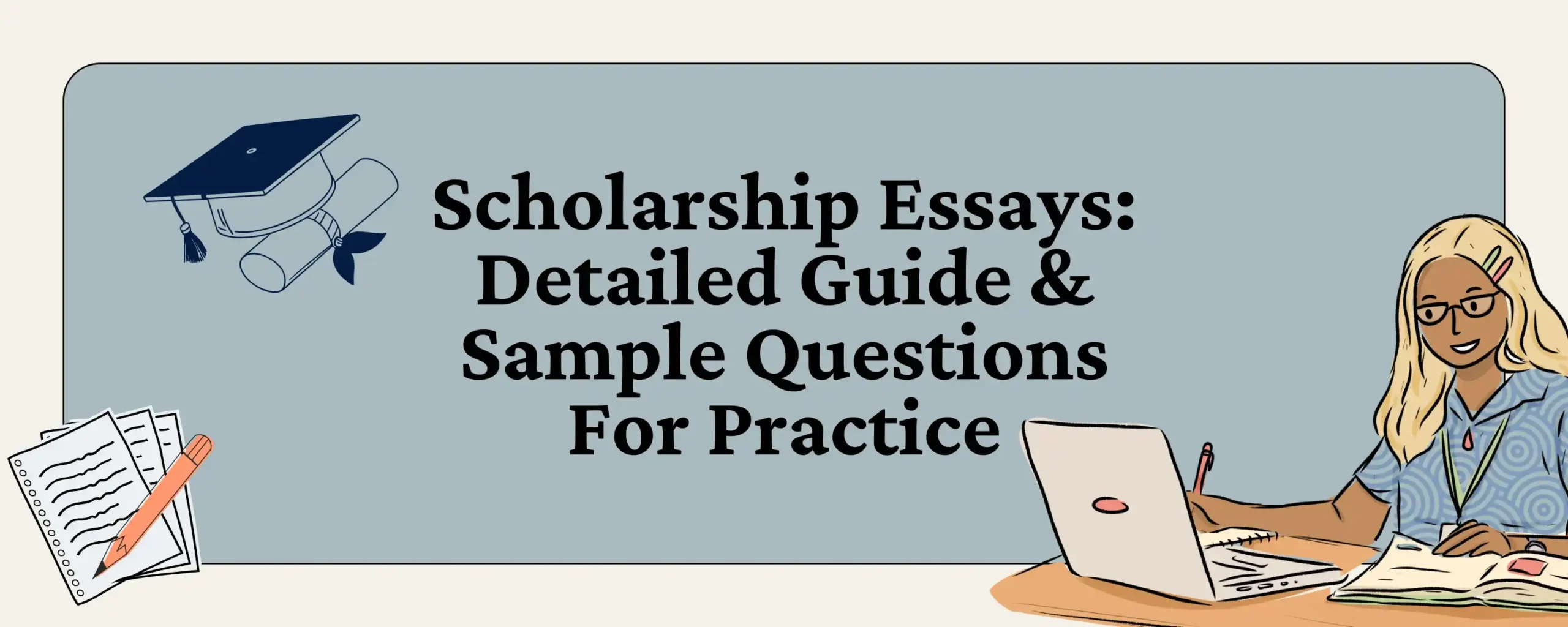Do you want to learn English but find the traditional teaching methods boring? Well, language learning doesn’t always have to look like sitting at a desk with a highlighter and grammar book. What if we tell you that it can look like singing along to a song or binge-watching a Netflix series??
Due to the increase in technological advances in today’s world, students seem to be inclined more and more towards movies and songs, so why not take advantage of it? You can double the impact of what you learn in the classroom by putting both traditional and modern learning tools together. English is everywhere, you just need the right lens. Some of the best lessons are hidden in song lyrics and movie dialogues. In this blog, we’ll explore how you can turn entertainment into education. How movies and music can power up your English skills and turn every day into a learning opportunity.
Why Are Music and Movies Effective for Learning English?
Let’s admit it, textbooks teach grammar, whereas movies and music teach real-life English. They are powerful tools that bring language to life. Why? Because they blend fun, emotion, and real-world language usage all in one!
Movies help you:
- Pick up natural sentence structure
- Learn everyday expressions and real accents
- Understand cultural references and humour
Music helps you:
- Hear and mimic correct pronunciation
- Improve listening skills with rhythm and rhyme
- Learn vocabulary that sticks (ever got a lyric stuck in your head?)
It’s not just about learning words—it’s about living them. When you hear characters argue, flirt, joke, or cry on screen, you’re learning how the language breathes in actual conversation. The same goes for music—it’s poetic, rhythmic, and packed with idioms, slang, and cultural nuances. Together, they create an immersive environment.
Using Music to Enhance Your English Vocabulary and Pronunciation
Music is a language magnet. Lyrics are packed with idioms, emotions, and storytelling. Listen closely, and you’ll pick up phrases like “break the ice,” “on cloud nine,” or “hit the road”—all while vibing to your playlist.
Singing along sharpens your pronunciation. It trains your ears to hear native speech patterns and your tongue to follow the rhythm and intonation. Their lyrics also expose you to good vocabulary. The melody of the song aids listeners in memorizing the new words. Hence, the lyrics get stuck in your head along with the tune. And bonus, singing along boosts your speaking confidence!
Want some song suggestions?
- “Counting Stars” by OneRepublic – great for vocabulary and rhythm.
- “Someone Like You” by Adele – perfect for clear enunciation and emotional tone.
- “Lose Yourself” by Eminem – a challenge for advanced learners to master speed and slang.
Whether it’s pop, rock, or rap, choose songs that speak to you. The more you enjoy it, the more you’ll learn. So, next time you press play, remember: you’re not just enjoying a tune, you’re tuning into better English.
Movies as a Language Learning Tool
Movies are more than just entertainment; they’re a window into how English is really spoken—pauses, expressions, tone, and all. Watching movies or TV shows is a fun, easy and effective way to learn a new language because of its visuality.
Listening to how characters interact improves your listening comprehension and helps in understanding the practical usage of the language, including various accents and cultural nuances. Findings have shown that it helps the learners in speaking skill as well, especially in terms of fluency and pronunciation. By mimicking scenes or recording yourself saying the dialogue can improve your speech a lot.
Subtitles are your BFF. Try watching a film you have already watched in your own language in English using subtitles. Eventually, try watching without any subtitles. Of course, you will get more out of your learning if you are more engaged than if you’re watching passively. Try the Language Learning with Netflix extension for Chrome, which allows you to watch Netflix with subtitles in English and your native language at the same time. This great free tool even allows you to save new words that you come across.
Wondering where to start?
- Comedy films like The Intern or Friends (TV show) are great for casual speech and humour.
- Dramas like The Pursuit of Happyness help with emotional expression and inspirational vocabulary.
- Documentaries like Our Planet or The Social Dilemma teach academic and formal vocabulary in a context that sticks.
Choose genres you love, because the more emotionally engaged you are, the more likely you’ll remember new words and phrases. So next time you’re curled up with a movie, don’t feel guilty!
Integrating English Media into Your Daily Routine
If you want to learn English fast, you have to make a habit of incorporating it in your daily life. Make the most out of your routine. From your morning workout to late night binge-watching, you can turn it all into a language learning session. Don’t wait for “study time.” Make English a part of your real time. Here’s how:
- Morning playlist? Make it an English one.
- Workout or travel time? Switch to English podcasts or lyrics.
- Switch your device settings to English. It’s a subtle change, but it builds familiarity with everyday terms
- Chill with Netflix? Instead of scrolling aimlessly, binge any English series with subtitles.
- Keep a journal or use your phone to jot down 3–5 new words or phrases you picked up. Try using them in conversations or social media captions!
Just a few minutes each day adds up—and soon, English won’t feel like a subject you’re studying but a habit you’re enjoying. Before you know it, you’ll think in English without even trying.
Overcoming Common Challenges with English Learning Through Media
Let’s be real now. Learning English through the media isn’t always smooth sailing. You hit play on a movie, and five minutes in, the characters are speaking at lightning speed, throwing around words you’ve never heard before.
At first, you might find it hard to cope up with the fast speech and complex vocabulary but they will help you in achieving a good command over language. Here are quick tips to help you overcome these challenges:
- If you feel dialogue flies by too quickly, pause and replay. Use subtitles to decode tricky lines, then watch again without subs to build confidence.
- For learning through music, try looking up lyrics online and singing along.
- Use language-learning apps like BBC Learning English or LingQ to support you.
- Apps like Tandem or HelloTalk connect you with native speakers for language exchange. This allows for practical conversation practice and cultural exchange.
- Tools like YouTube’s playback speed control or dual-language subtitles are game-changers.
- Record yourself while singing or repeating a dialogue. It will help you identify areas of improvement.
Consistency is the key. Keep going even when it feels tough. The more you’re exposed to natural English, the more you’ll start picking it up. Over time, what once felt confusing will sound comfortably familiar.
Conclusion
Learning English doesn’t have to be all textbooks and tests—it can be a part of your everyday fun. As we’ve explored, music and movies are powerful tools to improve vocabulary, pronunciation, listening, and even cultural understanding. Whether you’re jamming to your favourite English pop song or binge-watching a comedy series with subtitles, every bit of exposure helps strengthen your language skills.
So, plug in those earphones or hit play on your next movie night—it’s time to let English flow naturally into your life. And when you’re ready to take your learning to the next level, trusting expert-led English courses can help you blend the best of fun and foundation. Keep practicing and enjoy every bit of the learning process because it is actually fun.
Frequently Asked Questions
1. How do you use English in your daily life?
Ans: Using English in your daily life can be simple, fun, and incredibly effective. Start by changing your phone or device settings to English—it’s a subtle way to train your brain to think in the language. Watch movies or YouTube videos in English, listen to English podcasts while commuting, read a book in English or follow English-speaking influencers on social media. You can also speak to friends in English, write your daily journal entries in English, or even talk to friends in English! The more you surround yourself with the language, the faster your confidence and fluency will grow.
2. How do you incorporate music into English class?
Ans: Music can make English classes exciting and interactive. Start by choosing songs with clear lyrics and meaningful messages. Play the song and let students listen, then hand out the lyrics with some words missing—they’ll have to fill in the blanks while listening. This boosts listening skills and vocabulary. You can also discuss the song’s theme, explore idioms and expressions used in the lyrics, or even let students sing along to practise pronunciation and rhythm. Bonus idea: Have students write a short story or paragraph inspired by the song—this connects creativity with language use!





